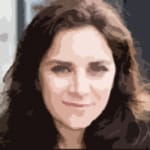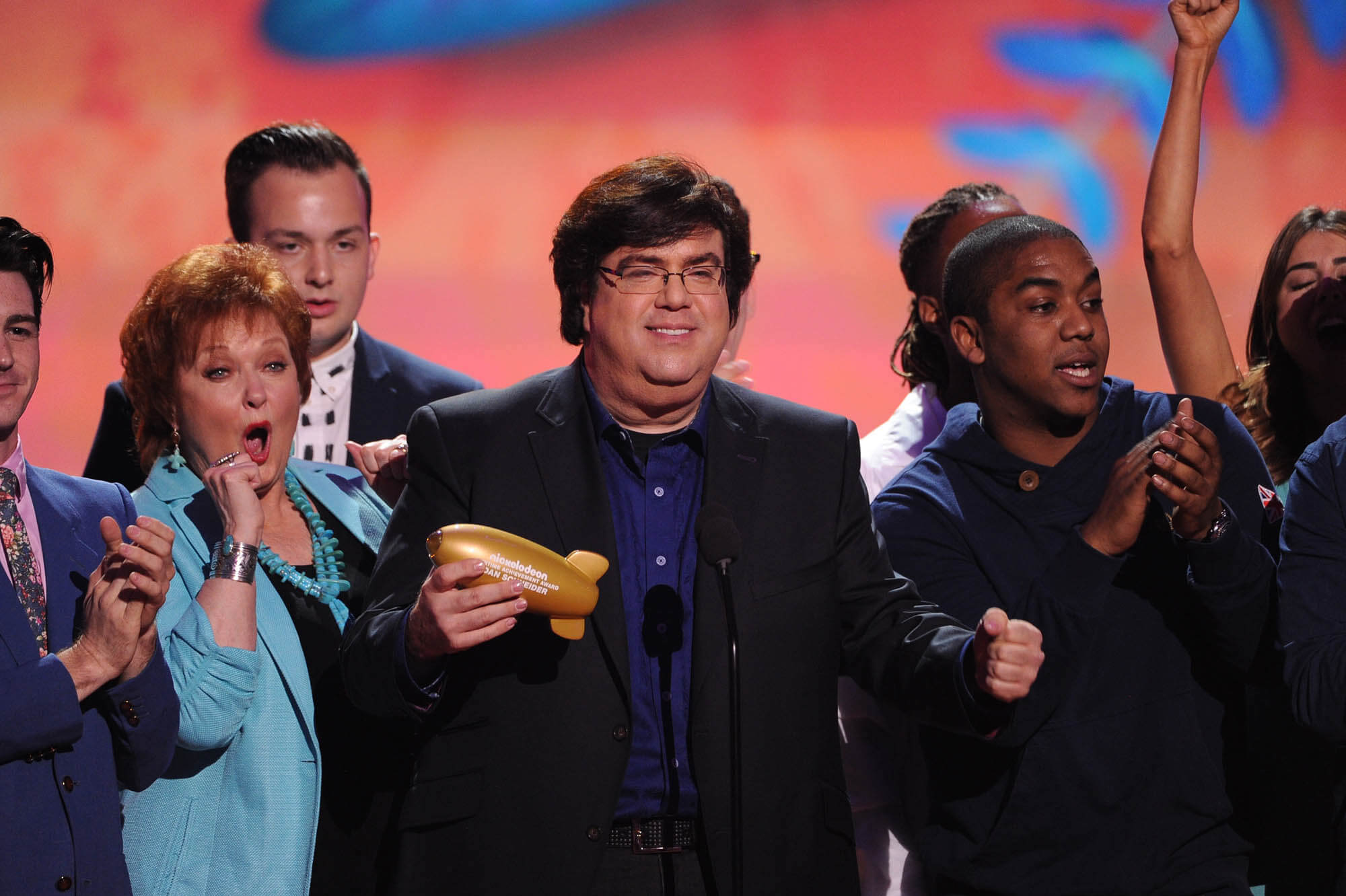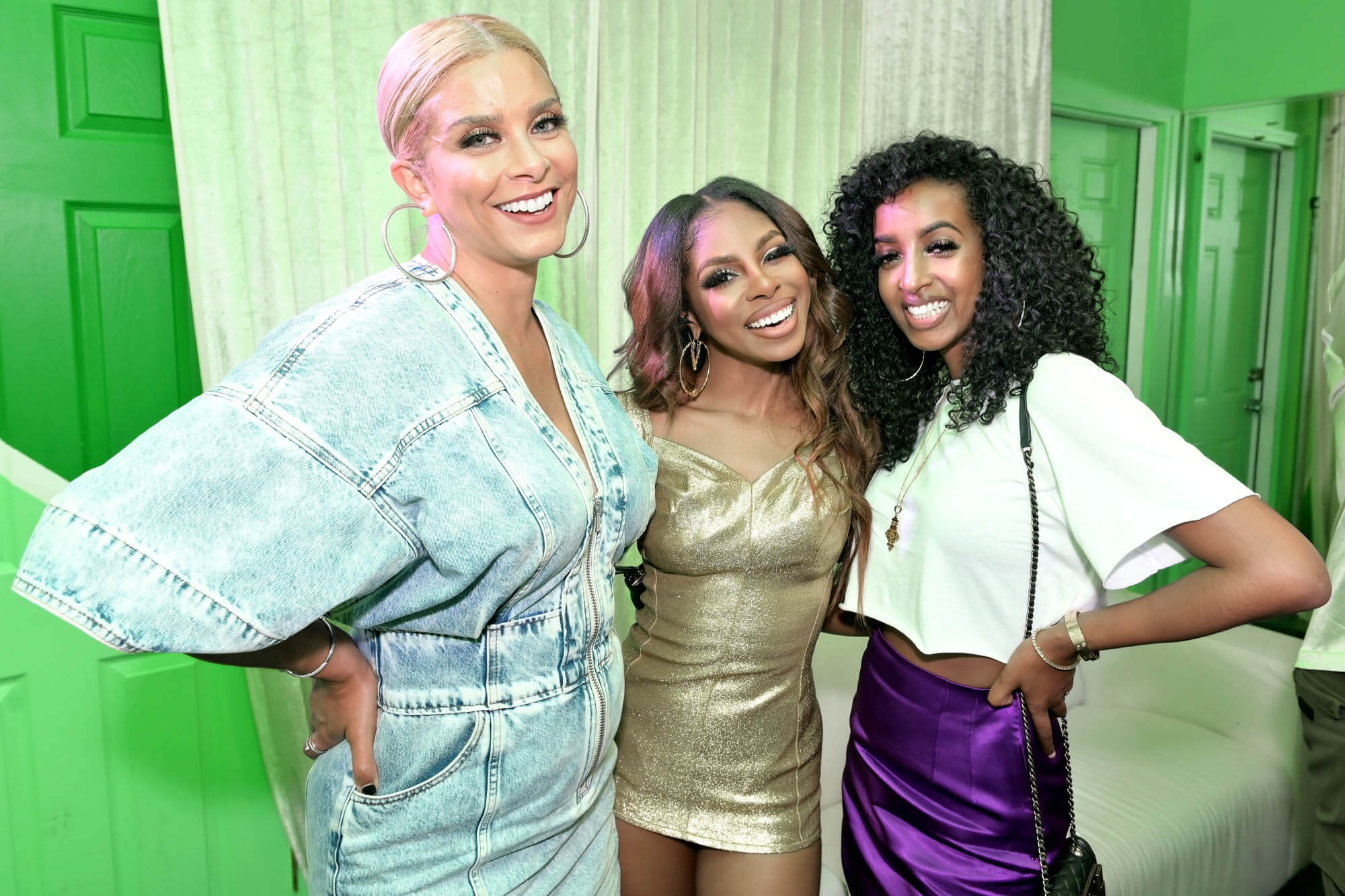Why You Don’t Want To Watch Quiet On Set



(TW for coercion, harassment, sexual/mental abuse, and large doses of gaslighting.)
Most people who know me weren’t surprised that I watched Quiet On Set: The Dark Side of Kids TV - it’s a safe bet that I would, and that I would tell them all about it. But almost before I could, they all asked me the same question.
‘So, should I watch it?”
I know what they mean by that, what we all mean every time we ask someone that. “Is there more there than what I’ll see on TikTok clips?” “If I saw an excerpt on a talk show, am I good?”
There’s so much to watch and things of actual importance competing for our attention so – how much more is there to know about the fact that something you used to love was creepy? After all, we’re so used to learning that our faves are problematic, what’s so different here?
Honestly, I think the answer to ‘should I watch this” is the same as what’s so different this time – it’s in the actual watching. Even if you weren’t a religious fan of these shows (or if, like those of us in Canada, you only saw them in passing or in syndication), these clips were everywhere. On the Kids or Teen Choice Awards, right alongside those iconic surfboards and slime GIFs, or in early YouTube compilations.
We saw the weird-at-best foot-focused clips or the stupid-then, horrifying-now shots of Ariana Grande from Sam & Cat that were clearly meant to mimic porn. (There’s a sequence early on in the doc that compiles some of these scenes with her, but she was far from the only one who was put in thinly-veiled homages to porn and cum shots). We didn’t know then, thankfully, hopefully – but that’s what makes watching this doc so upsetting. You were there, even though you didn’t know it. You were being groomed, even though you didn’t know it.
Everything on all of the Dan Schneider shows was designed to show you, a literal child, adult content without any appropriate boundaries, starring other children – and then dared you not to find it funny. After all, the show said it was, so why would you have a problem with any of it … now or later, right?
Though the series may have been billed as an expose of Dan Schneider, and there are many unrefuted accusations of his sexual harassment, inappropriate relationships with children on and off set, and dictatorial power – it’s not only about him. It would be way too easy to write this all off as a one-man, Cosby-like monster situation. He was a monster, true, but by all accounts, Schneider was doing all his creepiness right out in the open. The bigger indictment made by the doc is everything else that was allowed to happen in plain sight. While we were watching.
The biggest revelation of the series is Drake Bell ‘coming out’ about horrific and until-now anonymous abuse at the hands of dialogue coach Brian Peck. It’s gut-wrenching, not least because he went through the abuse, and later the police investigation, while still working in the environment where people were openly sad about Peck having been accused, and would later defend him while belittling Bell.
But what’s most chilling, and too-clearly illustrated, is how Peck, and the show as a whole, isolated Bell from his caring father who was working to prevent exactly this experience, which he knew was a problem, and worked to avoid. The louder his father said “my child should not be alone with Brian Peck”, the more Peck and others worked to isolate Bell from his father.
In fact, Leon Frierson and Raquel Lee, Black cast members on early seasons of shows like All That and The Amanda Show talked about how their parents would protest – or at least note – some of the inappropriate content in the sketches, and were told in so many words to stop talking about it, lest their kids be retaliated against, or cut from the shows, which, of course, they inevitably were. It was systemic.
Though she’s only briefly mentioned in the doc, Jennette McCurdy goes into great detail in her memoir, I’m Glad My Mom Died” , about the abuse she suffered via her stage mom, who not only condoned and endorsed whatever Schneider wanted McCurdy to do, but also perpetuated her abuse of her daughter, from food restriction to inappropriate physical intimacies, on the same sets that were supposed to be ‘safe’, in plain view of other, allegedly professional, adults who looked away.
The revelations in the doc – including some that were merely hinted at, like the roles of some child actors’ parents in the abuse, or the idea that these abuses didn’t just happen on the Nickelodeon on Sunset lot, but all over Hollywood, to many more kids than are named – are upsetting. Terrible. Should never have happened. But that’s also true of the abuses in The Program: Cons, Cults, and Kidnapping, a Netflix series about the Troubled Teen Industry that I devoured this weekend.
But even though I was horrified by the Netflix series, I was much less conflicted about it. Because that abuse was secret, on purpose. The abusers in that situation went to elaborate lengths to hide and disguise it, and the bravery and catharsis of the survivors/filmmakers is palpable.
What makes Quiet On Set so difficult to process, by contrast, is that we were there, watching, without knowing exactly what we were watching. We were unwillingly complicit without realizing it – and once you know you can’t un-know it.
Worst of all, especially to those of us who were a little bit on the older side – who consumed or even worked in the media in the early 2000s, as these Nickelodeon stars were trying to grow up and out of this oppressive environment? We were taught to be scathing and critical of these kids, never knowing what they’d been through. We were taught to mock their difficulties, and to assume they were rich, spoiled, and had nothing to complain about. We weren’t ready to listen then – exactly what children who are abused are most afraid of: “Nobody will believe you”.
In short, nobody wants to watch Quiet On Set – though I think you should – because I think we now understand, on some level, that we were a part of the abuse too. We were groomed to be accepting of what we saw, and to shame survivors who criticized their abusers – without ever knowing that’s what was happening.
The documentary is important and necessary, as now-adult survivors tell their story. But if today’s adults – literally you and me – look away and don’t listen, or think it was about one place or one time, or one evil guy (Schneider) who’s finally been fired and so we don’t have to worry anymore, we are missing the point.
What the doc outlines is all the ways abuse can happen to children, inside and outside the industry, in places we’re told up and down are safe. What we’re meant to hear is that we have to listen to kids even when our logical brains tell us differently.
What we will do with that information, though? That’s on us. But it’s out there, and it’s no longer possible to say we didn’t know.
We're talking about this on The Squawk. (app link here)
